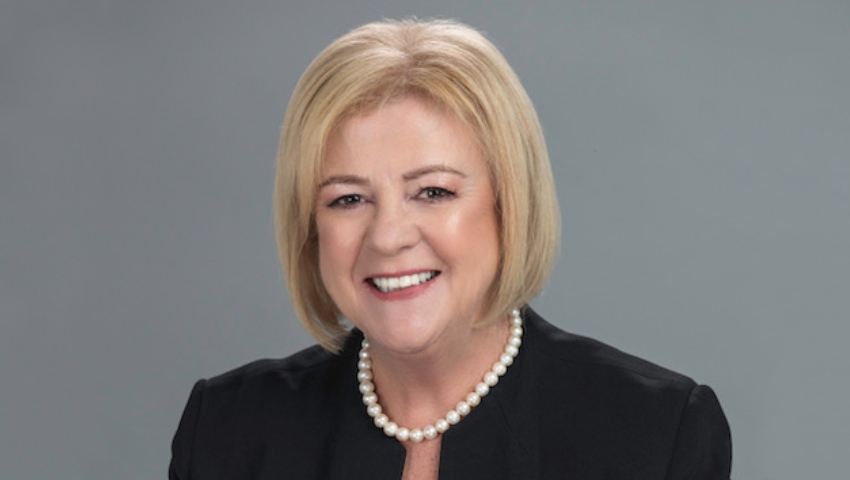Jennifer Collins, chair of Australian War Widows NSW, sheds light on the impact of mounting cost of living pressures on the veteran community.
To continue reading the rest of this article, please log in.
Create free account to get unlimited news articles and more!
The cost of living is front of mind for all Australians. Wage growth has increased by a fraction but does not compare to soaring inflation rates.
Over the last few weeks, we have heard from both sides of the political aisle on how they plan to address the rising cost of living, but none have mentioned, let alone explicitly detailed how they intend to support our vulnerable war widows, veteran families and carers.
In Australia today, there are at least 640,000 people connected to defence services, with more than 43,000 war widows and 175,000 veterans on some form of financial support.
There are around 40,000 younger veterans who rely on invalidity benefits due to permanent injury and more than 4,000 young widows and children who rely on income support, just to make ends meet.
Worryingly, the carers of injured or disabled veterans receive no direct support from mainstream services.
To “ease” the cost of living, the former government issued a one-off payment of $250 to address the burden of rising prices.
But this just isn’t enough.
The increased costs for our troop’s families
In Australia today, a war widow’s pension ranges from $1,000-$1,300 a fortnight. More than half this pension is spent on weekly groceries alone.
Veterans are entitled to financial concessions for utilities, registration and rates, but when a veteran passes, the families lose this essential support.
Veterans on invalidity pensions obviously have limited earning capacity due to the nature of their illnesses and injuries.
Once they are medically discharged, the average household income can drop by between 25-50 per cent.
Spouses and family members are required to fill this income gap. Some might argue that this is the new normal, with the latest ABS data revealing that over 850,000 people across the country have had to take up a second job just to pay everyday bills.
But think for a moment what this looks like for someone juggling the pressures and responsibilities of being a parent and full-time carer to an injured veteran.
The increased cost on everyone’s mental health
Australian War Widows NSW offers services, support and advocacy for all women and families united by Defence service.
Every day, we hear from members across the state how financial insecurity is impacting their lives.
This insecurity is a key risk factor for poor health and wellbeing outcomes for widows and veterans’ families.
It creates extra pressures within households and puts increased pressure on the mental health families, in particular women.
Younger widows with children are facing financial pressures from all angles, which are not offset by the veteran system.
The gold card in particular is problematic, with many children of deceased veterans requiring access to mental health treatment and acute care. The costs of this being left for the widow to burden.
One widow in the Australian War Widow NSW membership has reported working multiple jobs to ensure her children have access to what they need – including mental health support, following the passing of their father.
Not having the access to the right treatment, via a gold card, is not stopping her from making sure her daughter has the access to the services she needs.
Another of our young widows has shared her devastating tale of not being able to afford the health services she requires, due to the costs of in-home childcare for her children.
This is a woman who is often held up in the community as someone who is strong, resilient and inspiring, but at the end of the day all she worries about is how the hundred dollars in her bank account won’t pay the thousands of dollars she has in debt.
While our members appreciate the gold card system provided by DVA, they also recognise that it was designed specifically to help aging veterans and widows, not the children of veterans.
A better future for those who risked it all
Looking to the future, Australian War Widows NSW is calling on the new government, to make clear how they intend to support war widows, families and carers of veterans in the face of the rising cost of living.
The time for quick fixes and empty promises are over. Veteran families need to be seen, heard and supported.
Jennifer Collins is the chair of Australian War Widows NSW.

 Login
Login







